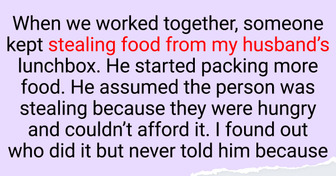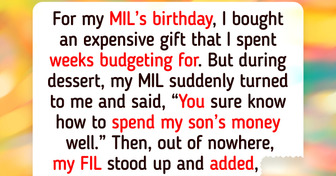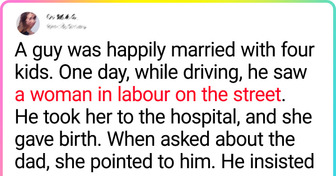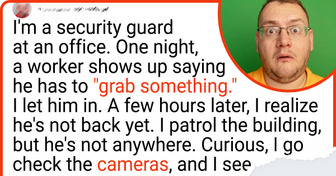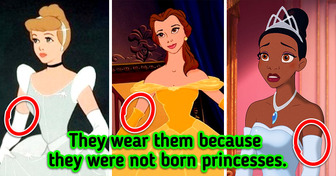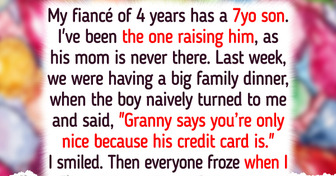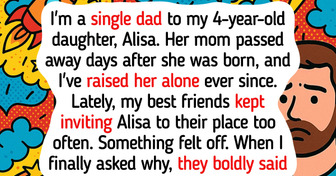15+ Real Life Plot Twists That Are Better Than the Movies
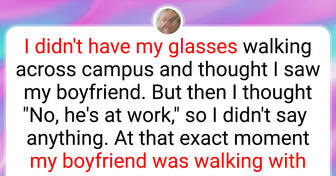
“I’m calling the higher powers from another reality to show me your fate! Now look into this magic ball, and you’ll see it! Booooo!” an old lady wearing a strange costume says. “I’m sorry, but how does your precognition work? Is there any scientific approach? I just want to understand the algorithm,” you reply.
“The algorithm is very simple, my boy... You give me 10 bucks. I’m telling you about your destiny,” the old fortune-teller answers. “But what about the scientific method?” “It’s magic! There’s no scientific method!” Actually, there is!
Psychology professor Daryl Bem managed to prove that prediction is real. In 2011, he published a scientific article on this topic, but other scientists ridiculed him. They called the scientist’s work a disgrace and couldn’t believe that a reputable scientific journal had published it. But were those people right? Let’s try to find the truth!

In 1946, Oxford University student John Godley had a dream where he read a list of winning horses in a newspaper. The next day, he bought this newspaper. He discovered that two horses named Bindal and Juladin would participate in the upcoming races. It was these names that he saw in his dream. He told his friends about it, and they decided to bet a lot of money on the two horses. In the end, both animals won.
In this story, we see prediction as some kind of gift or magic, something bizarre that we cannot understand. But what if we look at this from the scientific point of view? To do this, we need to change our way of thinking a little. Precognition is the ability to see future events before they happen. But what if we don’t consider time linearly? As beings with five senses, we perceive time as one flow moving forward. But in fact, time can bend and change.
In his theory of relativity, Einstein proved that time slows down in conditions of extreme speed or colossal gravity. A person flying in a spaceship at speed close to the speed of light experiences time dilation. They don’t feel anything unusual. But “their” time slows down compared to the time of those who don’t move so fast. Next to a black hole, time also moves more slowly.
Imagine that our mind can perceive time both consistently, as it does now while you’re watching this video, and also in the opposite direction or slow motion. Our feelings and perception of the world can jump forward in time and come back. This way, we might feel what will happen in the future. But perhaps, you can’t grasp this concept yet. So, let’s look at Daryl Bem’s experiments — part of his study called “Feeling the Future.”
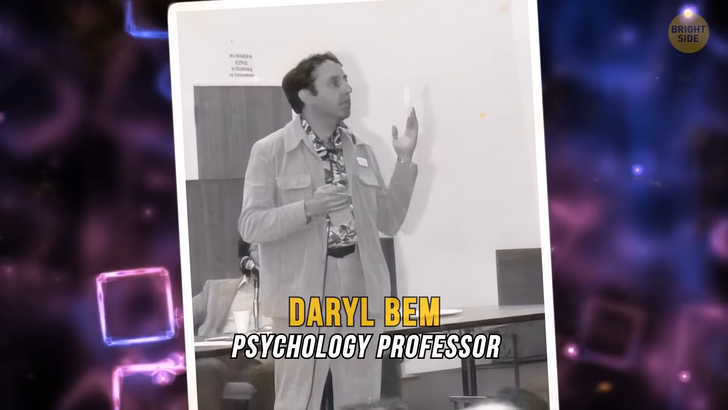
He connected several sensors to a person’s head and arm — they read the pulse and magnetic changes in the brain. The device worked on the principle of the lie detector. Then the subject watched a slideshow of regular pictures on the screen. Like, the person sees a mountain landscape, a bonfire, a horse, a newspaper, an open book, and then — BAM! — the screen shows a really shocking image. For example, a creepy granny with tousled hair, white eyes, and long arms. At this moment, the device recorded an emotional outburst — the person’s reaction to an unexpected picture. Then the screen showed some images again — a turned—off TV, a cup of tea, a cloud, and — BAM! — another shocking picture. And the subject’s brain reacted to this image again.
Nothing unusual at first glance, but the professor discovered that the human brain began to react to shocking images even before they appeared on the screen. At some level of intuition, the subject’s body seemed to predict them before the computer decided which picture to show. Perhaps you’ve experienced something similar. You know, when your intuition tells you that something is wrong. You feel uncomfortable and expect something bad to happen. And this was the result of only one experiment. In another one, Daryl Bem showed that memory could work in a different direction.
Imagine that you’re preparing for an exam on the history of world literature, let’s say. First, you read articles on this topic and write out the dates and writers’ names. You’re trying to memorize and structure this information in your head. You train your memory so that later, on the exam day, you can show the result of this preparation. When you write the test, your brain remembers the events of the past — when you were preparing for the exam. Now imagine that your brain can take information from the future.
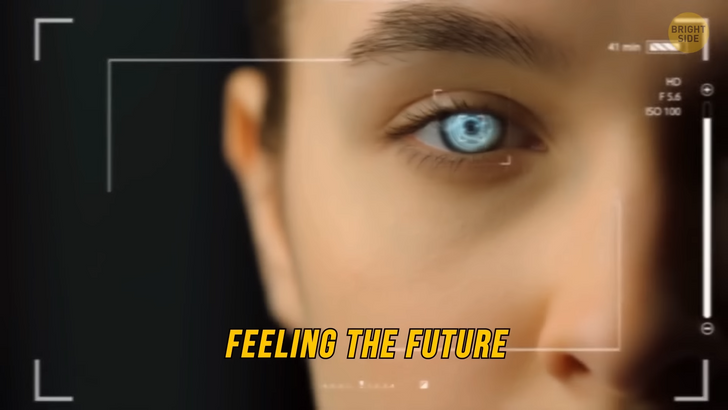
First, you come to the exam, the next day, you start preparing for it. This is mind-boggling, but the professor proved that the brain’s ability to take knowledge from the future could be possible. He showed a group of several people a big list of completely different words. People stared at the list for a few seconds. Then, the professor asked them to write as many words as they remembered on their sheets of paper.
When the subjects finished, they gave their notes to the professor. After that, a computer randomly chose 10–20 words from that big list people had seen in the beginning. Then, all the subjects started to do exercises with these chosen 10–20 words, like writing texts or doing logical tasks. So, people remembered all these words after doing the exercises. Then, the professor looked at the sheets the participants had given him in the beginning. He saw that most people had written the very words they had worked with while doing the exercises. That is, their brain seemed to know in advance what words they would practice later.
Yes, it could have been a coincidence. Still, the professor calculated that the chances of such an accident were about 74 billion to one! In fact, this proved that memory could work in the opposite direction. Memorizing in the future improves the result in the present. But this doesn’t mean that if you learn to play chess in the future, you will be able to beat someone now. Or that you will be able to drive a car before getting your driving license. These actions are too large-scale.
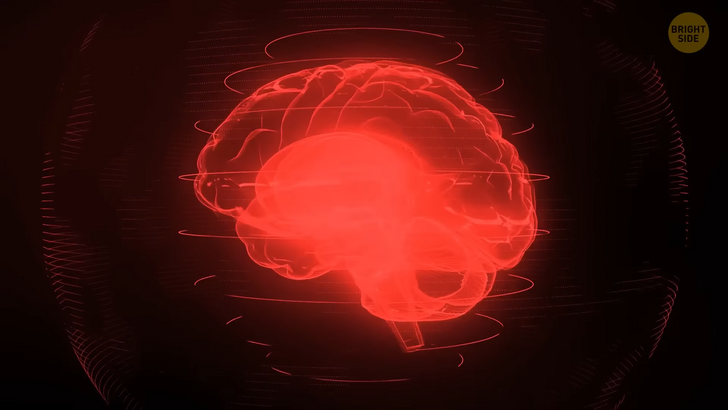
In addition to these two experiments, the professor conducted several more and published the results in an authoritative scientific journal. The scientific world began to debate this article. Many doctors and psychologists didn’t take this work seriously. But despite this, about 270 scientists from 17 countries decided to repeat Professor Bem’s experiments. So, they conducted the reverse memorization test three times. And all three attempts showed that the human brain couldn’t be precognitive. Then the scientists repeated all the experiments and, by 2015, published a report. It turned out that only 36% of the repeated tests had been successful.
But this didn’t cast doubt on the professor’s work. These repeated experiments led the scientific community to the so-called Replication Crisis. Imagine that you’ve conducted an understandable experiment and published its results. You did everything correctly, and nobody can argue with the results of your experiment. But then, someone else repeats it, and the results turn out to be different. Why does this happen? Why can’t many well-known psychological experiments be replicated?
Some scientists blame the incompetence of other participants. Sometimes, experts don’t comply with the conditions of the experiment. But many scientists agree that the reason is people. Westerners have one mindset. The inhabitants of southern countries are pretty different. Different views of the world and perception of life form different ways of thinking. All this diversity casts doubt on many scientific works on psychology.

If you’re a scientist, and you want to conduct some kind of research, you first need to make a “pre-registration.” Before starting the experiment, you must describe what you’re going to do, provide hypotheses, and note down how you’re going to analyze the data you’ll receive. You report the results that prove your theory, but these results deprive you of the opportunity to look wider.
This method seems outdated in the current Replication Crisis. Now, scientists and doctors must come up with something new and create a new foundation for scientific research. Meanwhile, I’ll dream tonight and try to get a message on who’s going to win the next Super Bowl!


